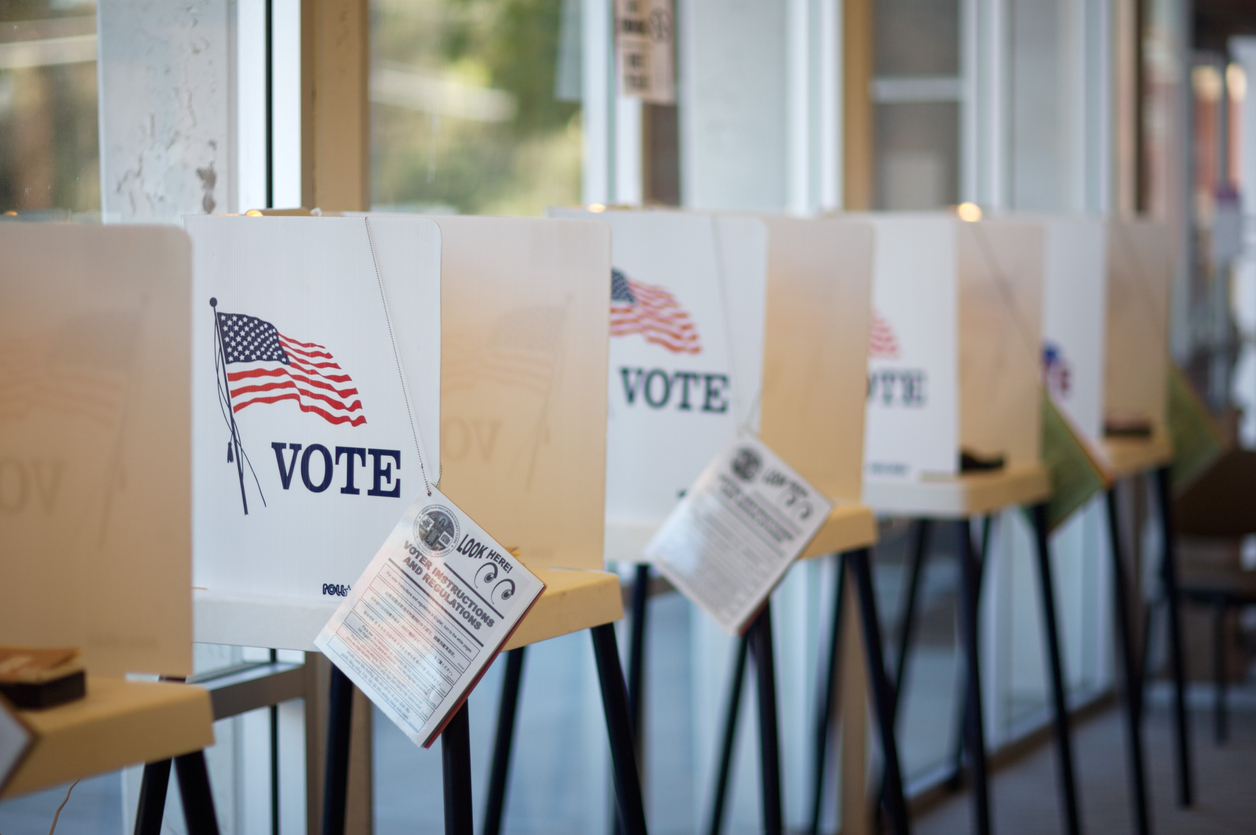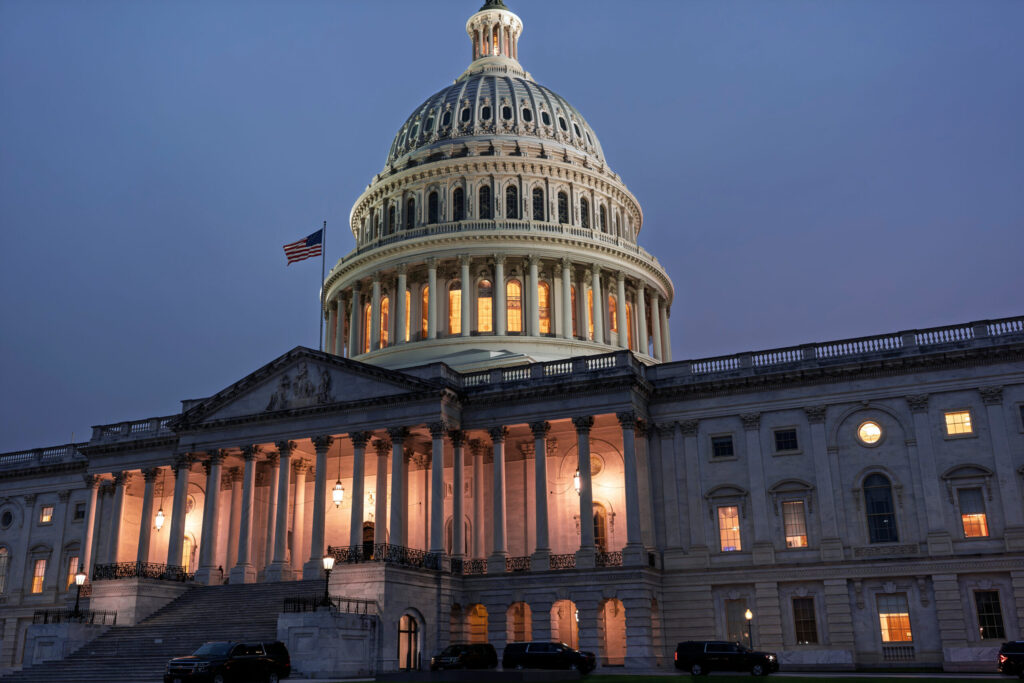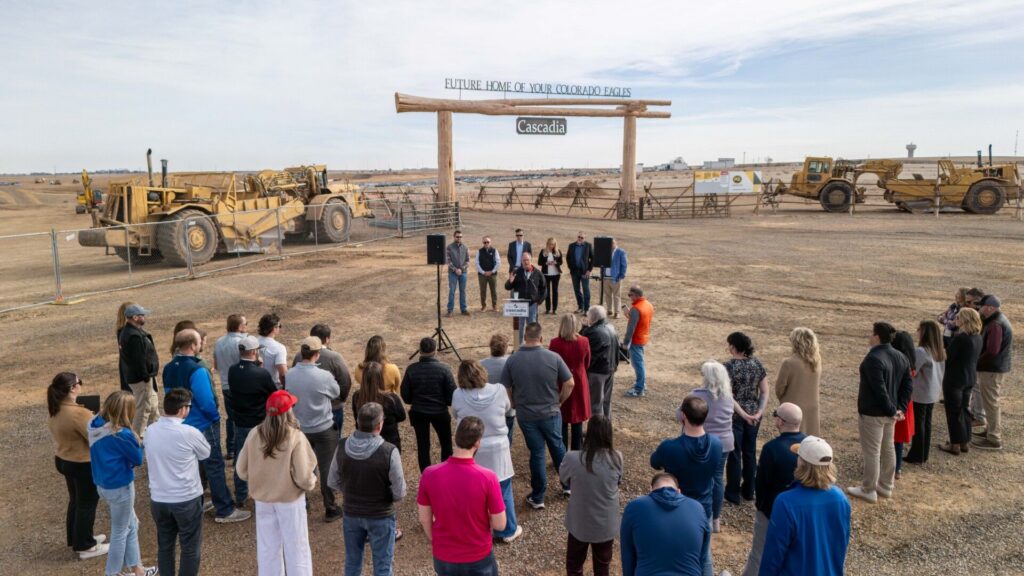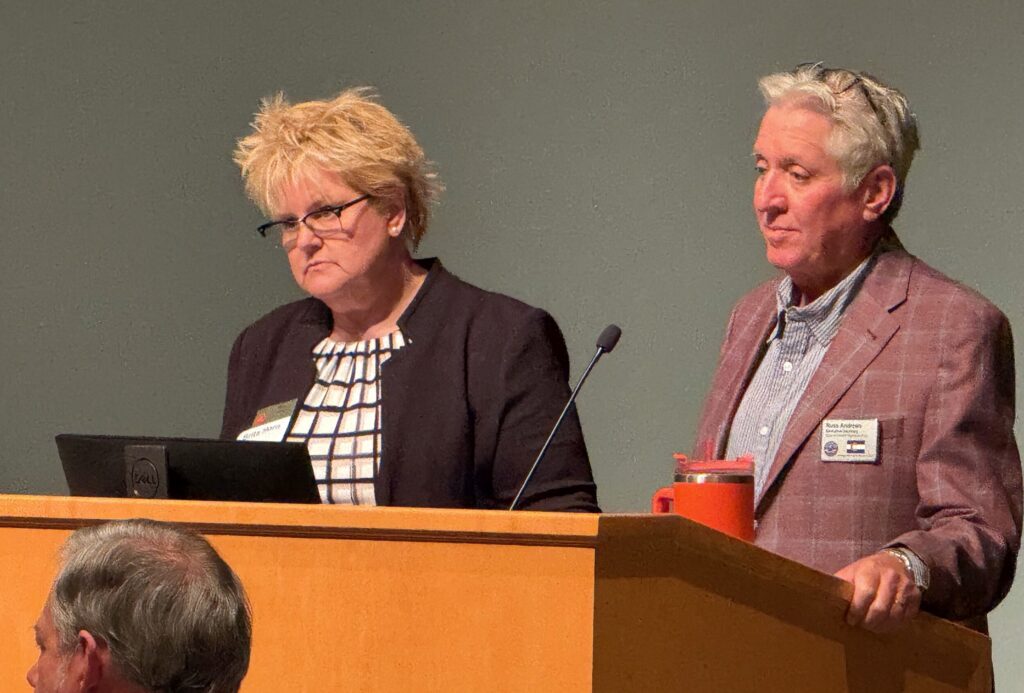Bill linking Colorado’s presidential choice to national vote heads to House committee
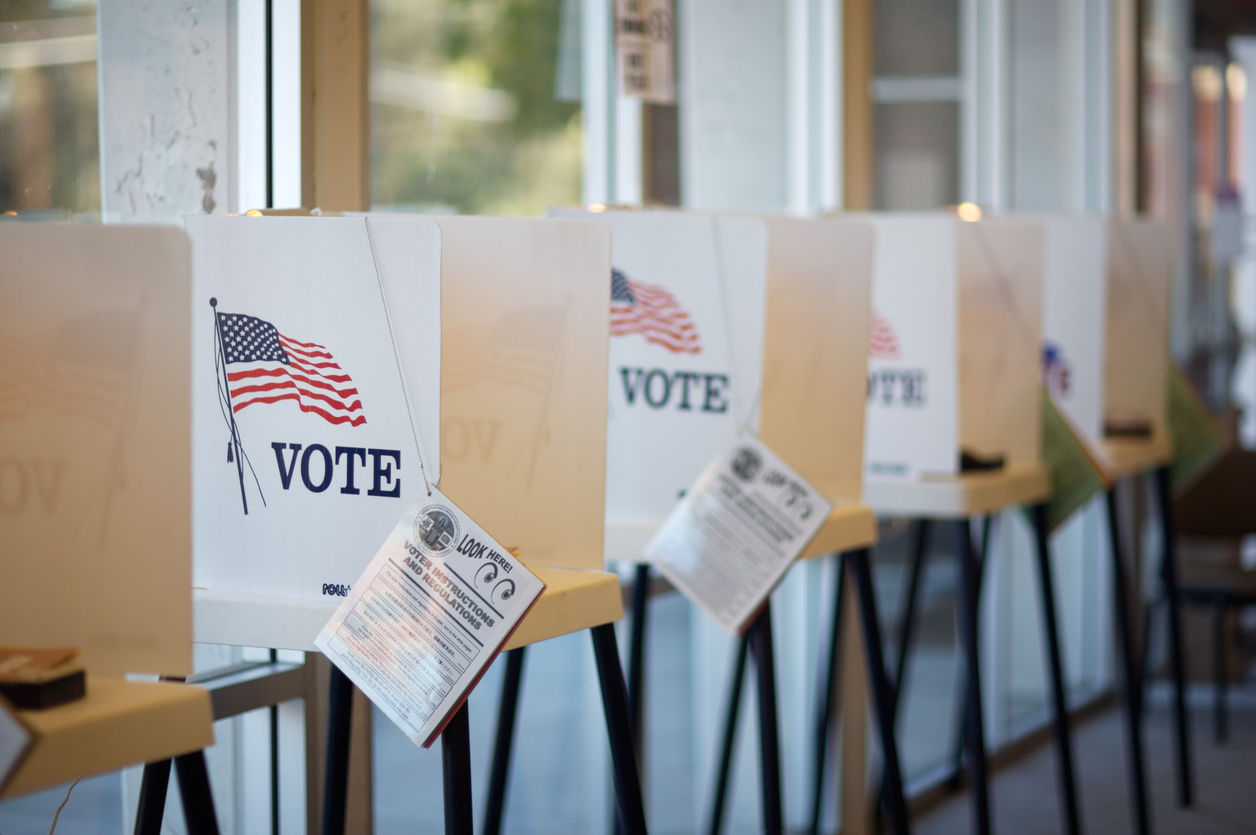
The Colorado state Senate passed to the House on Tuesday a bill that would allocate each of the state’s nine electoral votes to the presidential candidate who wins the popular vote.
The Senate gave final approval to Senate Bill 42 in a third and final vote Tuesday morning. The measure passed on a 19-16 vote along party lines, despite continuing opposition from Republican senators.
The measure was given preliminary Senate approval the day before.
Now the bill, widely supported by Democrats, is headed to the House for discussion and a vote. Two Democratic representatives — Jeni Arndt of Fort Collins and Emilly Sirota of Denver — are sponsoring the bill within the House, where Democrats also hold a majority.
Gov. Jared Polis also supports the bill, a governor’s office spokeswoman said.
Sirota told Colorado Politics Tuesday afternoon that the bill has not yet been scheduled to be heard in a House committee, though she does expect the measure to pass whenever it is heard.
Currently Colorado and 47 other states dedicates their electoral votes to whichever candidate wins the majority of votes within the state. The candidate who then collects 270 electoral votes nationally wins the presidency.
But twice since 2000, two presidents — George W. Bush and Donald Trump — were elected to the highest office in the country without also winning the national popular vote.
The bill, presented by Sen. Mike Foote, D-Lafayette, and supported by his fellow Democrats, seeks to prevent that from happening again.
Other senators warn that the bill would diminish the state’s rights and cede Colorado’s voting power in presidential elections.
“Let’s not surrender,” said Minority Leader, Sen. Chris Holbert, R-Parker, as he asked fellow senators to oppose Foote’s bill. “Please stand with the people of Colorado. Please stand for our state.”
Foote said that while he appreciates the spirited debate over the topic, his bill is meant to bolster each individual vote.
“That’s why the national popular vote is so important,” he said. “Because it’s about the people. Making sure the people, no matter where they happen to live, have an equal vote to where another person may happen to live.”
Many Republicans argue that using the national popular vote would leave rural voters by the wayside and allow major urban areas to control the country’s political leanings.
But Foote reminded the Senate that in the 2016 presidential election, both Trump and Democratic nominee Hillary Clinton together had dozens of field offices around Colorado and outside of the major metropolitan areas.
“Because both knew in order to be competitive in the state, they had to campaign throughout the state, not just Denver, not just Colorado Springs,” he said.
If enacted, Foote’s bill would not be enacted unless enough other states also join the agreement to total at least 270 electoral votes, the minimum amount required to secure the presidency.
Already, 11 other states and the District of Columbia have adopted identical legislation. Those states amount to 172 electoral votes.
Colorado is one of seven other states expected to adopt the legislation this year, according to Joe Miklosi, founder and CEO of Denver-based Bridge Consulting, who lobbies on behalf of the issue.
